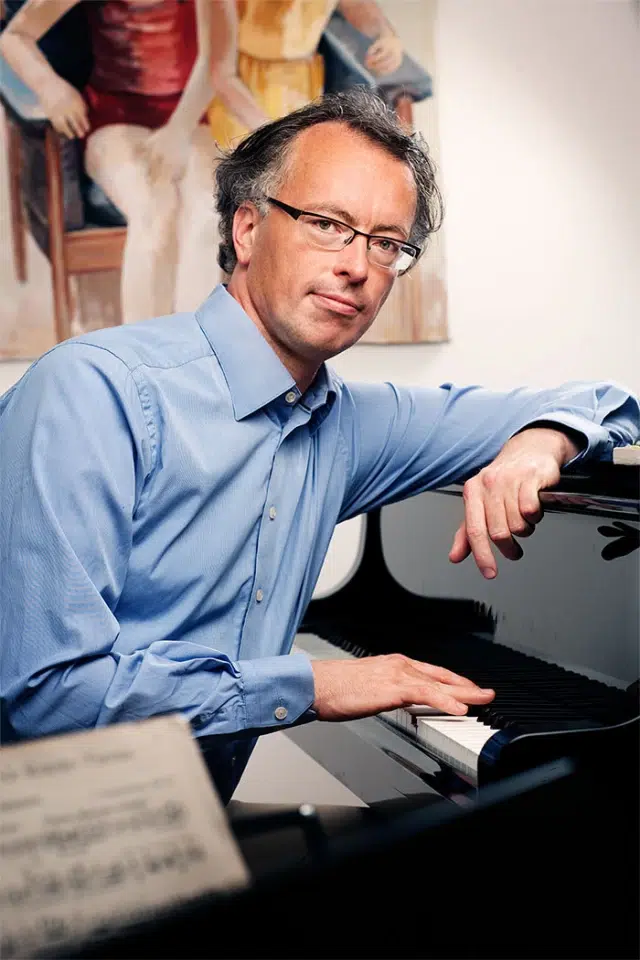Current Laureate
For his innovative research applying diffusion MRI and genetically informed designs to show how structured musical practice strengthens white-matter connectivity and clarifies its relationship to human intelligence.
The Mensa Foundation Prize celebrates exceptional achievements that redefine our understanding of intelligence and creativity.
Awarded biennially, this distinguished honor highlights transformative scientific discoveries that elevate the understanding of intelligence.
One of the most prestigious honors in the field, the Mensa Foundation Prize highlights exceptional contributions that elevate the understanding of intelligence.
Award Components
The Foundation Prize recognizes groundbreaking contributions in intelligence and creativity. Submissions should include applied or fundamental research, innovative tools or methodologies, and advancements that enhance the understanding of human intelligence, creativity, or artificial intelligence.
Have more questions? Contact us at awards@mensafoundation.org.
The Prize celebrates groundbreaking discoveries or advancements in intelligence creativity that elevate the understanding of intelligence.
Nominations are open to all individuals, organizations, or institutions. Mensa membership is not required to nominate or to be nominated.
Eligible discoveries include applied or fundamental advancements in intelligence, creativity, brain research, or tools that improve our understanding of these areas.
A selection committee reviews nominations based on innovation, scientific rigor, relevance to the field, and global impact.
No, self-nominations are not allowed.
Winners receive a $10,000 cash award, a commemorative plaque, and a Medal of Distinction, presented at the Mensa Foundation Colloquium.
The deadline for submitting nominations is February 28.
The winner will be announced on May 15.
Yes, international nominations are encouraged. Submissions in languages other than English must include an official translation.
The Prize focuses on specific groundbreaking discoveries or advancements, while the Lifetime Achievement Award recognizes sustained, long-term contributions to intelligence and related fields.
For his innovative research applying diffusion MRI and genetically informed designs to show how structured musical practice strengthens white-matter connectivity and clarifies its relationship to human intelligence.
Explore the discoveries of prior Mensa Foundation Prize recipients, honored for their groundbreaking research that has advanced the science of intelligence.
